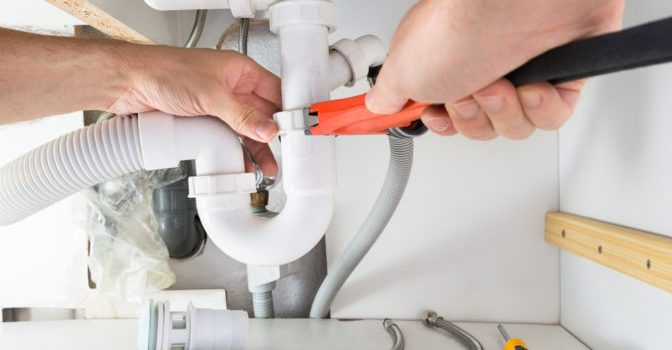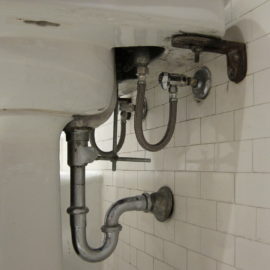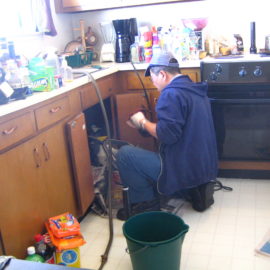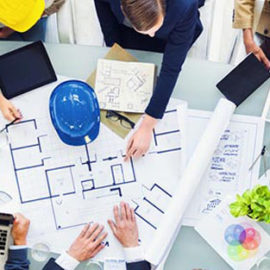
Pipes play a crucial role in smoothly functioning various systems and infrastructures in homes, commercial buildings, or industries. Therefore, proper maintenance of pipes is essential to ensure their longevity and avoid costly breakdowns or repairs. This blog will discuss the importance of pipe maintenance, common pipe problems, and best practices for keeping your pipes in good condition.
Importance of Pipe Maintenance
1) Prevents Leaks and Burst Pipes
One of the primary reasons to maintain pipes is to prevent leaks and burst pipes, which can lead to severe water damage. Regular inspections and maintenance can help identify and fix potential leaks before they become significant problems.
2) Increases Longevity
Pipe maintenance helps to increase the lifespan of pipes and avoid premature failure, saving time and money in the long run. Regular cleaning, tightening of joints, and checking for corrosion are simple tasks that can significantly extend the life of your pipes.
3) Improves Efficiency
A well-maintained pipe system operates more efficiently. This is especially true for heating and cooling systems, which rely on pipes to circulate water or refrigerant. Dirty or clogged pipes can reduce efficiency and increase energy consumption, leading to higher energy bills.
4) Maintains Water Quality
Proper maintenance of pipes helps to maintain water quality and prevent contamination. This is especially important in areas where drinking water is supplied through pipes.
Common Pipe Problems
1) Corrosion
Corrosion is a common problem in pipes and can result in leaks, reduced flow, and, eventually pipe failure. A combination of chemical reactions and physical factors such as water temperature, pressure, and flow rate causes corrosion.
2) Clogs
Clogs can occur in pipes due to the buildup of mineral deposits, grease, hair, and other debris. Clogs can reduce water flow, cause backups, and lead to flooding.
3) Leaks
Leaks can occur in pipes for various reasons, such as corrosion, damaged pipes, and loose joints. Leaks can lead to water damage and can also increase water bills.
4) Frozen Pipes
Frozen pipes can occur during cold weather, resulting in burst pipes and water damage. This is especially true for pipes in unheated areas such as attics and crawl spaces.

Best Practices for Pipe Maintenance
1) Regular Inspection and Cleaning
Regular inspection and cleaning of pipes can prevent problems and maintain the efficiency of your plumbing system. This includes checking for leaks, clogs, and signs of corrosion.
2) Proper Installation
Proper installation of pipes is crucial for their longevity and efficiency. This includes using the correct type of pipe for the application, ensuring that pipes are adequately supported, and using appropriate fittings and joints.
3) Maintenance of Water Heater
Maintenance of your water heater is essential for the longevity and efficiency of your hot water system. This includes regularly checking the temperature and pressure relief valve, flushing the tank to remove sediment, and insulating pipes to prevent freezing.
4) Use of High-Quality Fittings and Materials
The use of high-quality fittings and materials can significantly extend the life of your pipes and prevent problems such as leaks and corrosion. This includes using corrosion-resistant materials such as PVC or copper and fittings designed for your specific application.
By inspecting and repairing any issues, you can prevent problems from escalating and avoid costly replacements in the future. Additionally, regular maintenance can help to identify potential problems before they become serious, allowing you to address them before they cause significant damage to your property.
Regular maintenance can also reduce your overall costs by reducing the frequency of repairs. For example, by addressing a minor leak promptly, you can avoid the need for a major repair down the line. This can help you save money and minimize the time and resources you need to invest in your plumbing system.



